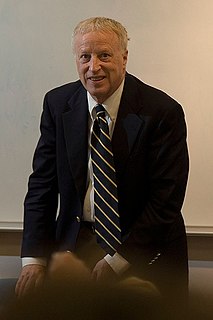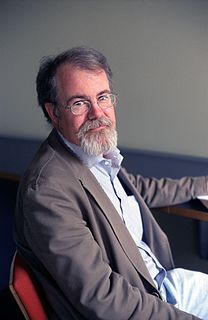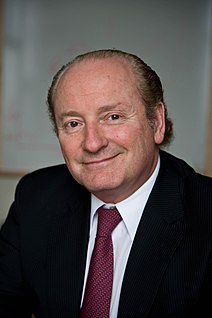A Quote by George Akerlof
I think what Bob Shiller and I are doing is we're focusing on macroeconomics and the role of psychology in macroeconomics.
Quote Topics
Related Quotes
Peter Montiel has long set the highest standard for lucid textbooks on the macroeconomics of developing countries. Now in this new edition of his superb classic Macroeconomics in Emerging Markets, he has surpassed even himself. He uniquely fills the gap between rich-country-obsessed macro- and micro-obsessed developing-country analysis. No student of the macroeconomics of development will henceforward be able to do without this book.
Listen to the women. Women say exactly what they want. Who has concrete plans - not macroeconomics but kitchen table economics. Who will change the situation for their families, and help restore the middle class. Women are also sick to death of having their bodies and their lives treated as a political football.


































